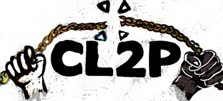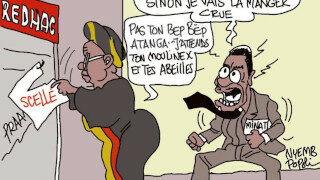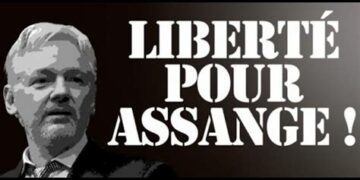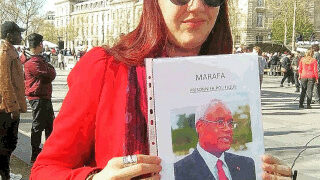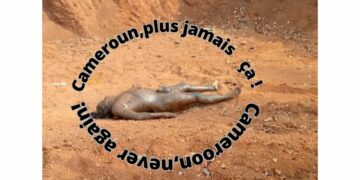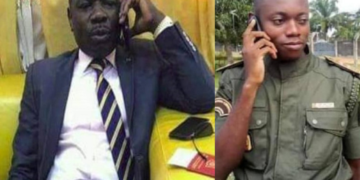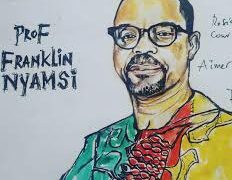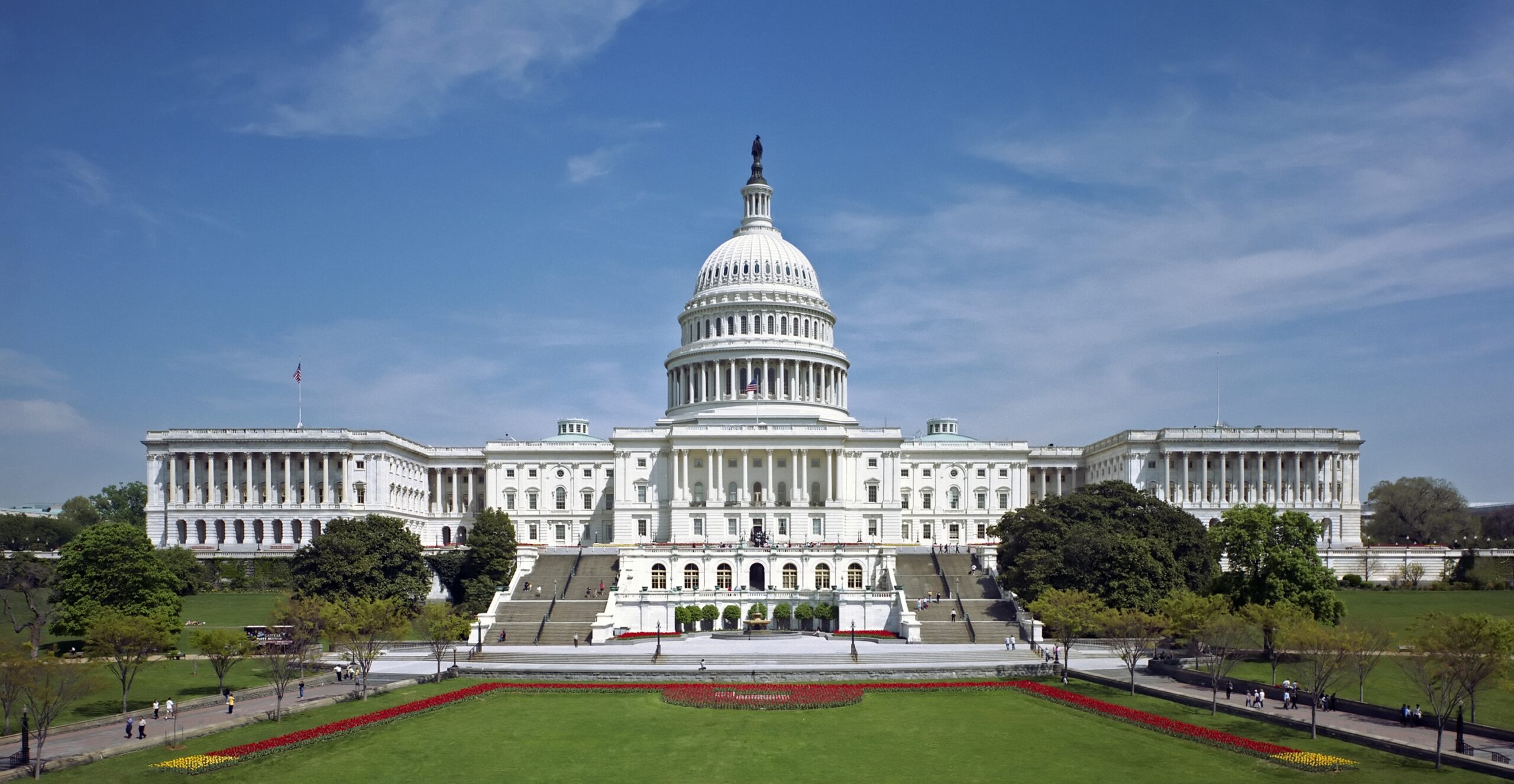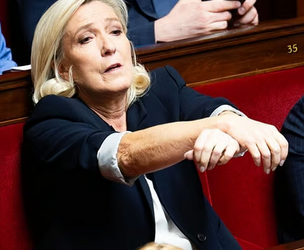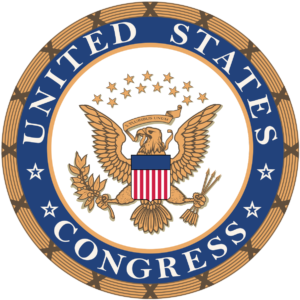 THE US CONGRESS CONDEMNS THE FAM’S BULLSHIT – 115th CONGRESS
THE US CONGRESS CONDEMNS THE FAM’S BULLSHIT – 115th CONGRESS
2d Session – H. RES. 718
Condemning the actions taken by the Government of the Republic of Cameroon against Patrice Nganang and others, and for other purposes.
IN THE HOUSE OF REPRESENTATIVE
January 29, 2018
RESOLUTION
Condemning the actions taken by the Government of the Republic of Cameroon against Patrice Nganang and others, and for other purposes.
– Whereas, on January 17, 2017, the Government of the Republic of Cameroon shut down mobile internet access to English-speaking regions of Cameroon
after clashes involving separatists;
– Whereas, on October 1, 2017, the Department of State expressed serious concern over the Government of Cameroon’s use of force to restrict free expression and violence against protestors in the country’s English-speaking regions;
– Whereas the Office of the United Nations High Commissioner for Human Rights (OHCHR) publicly urged the Government of Cameroon to halt violence after17 people had reportedly been killed and dozens wounded and arrested in demonstrations in the country’s English-speaking regions since October 1, 2017;
– Whereas the Government of Cameroon has retained control of electronic media by refusing to grant licenses to private radio and television stations and has intensified political attacks against the independent press;
– Whereas commenting unfavorably on political or human rights issues frequently results in official repercussions for writers and journalists in Cameroon;
– Whereas publishing material critical of the Government of Cameroon on political or human rights issues frequently results in official repercussions for writers and journalists;
– Whereas Patrice Nganang criticized the Government of Cameroon for its marginalization of English-speaking persons and publicly criticized President Biya on online media outlets;
– Whereas Patrice Nganang is highly educated, with a Ph.D. in comparative literature and is currently a professor of cultural studies and comparative literature at the State University of New York at Stony Brook;
– Whereas, on December 6, 2017, Patrice Nganang was arrested at Douala International Airport and charged with violating the antiterror law for insulting President Biya;
– Whereas Patrice Nganang was taken into custody and detained in the Kondengui Central Prison in Yaounde, Cameroon, for approximately 20 days;
– Whereas the Government of Cameroon delayed a public hearing for Patrice Nganang and neglected to issue a warrant of criminal charges;
– Whereas hundreds of English-speaking detainees have been beaten or mistreated in custody;
Whereas these actions of the Government of Cameroon constitute gross andreprehensible violations of international law and basic human rights;
– Whereas the police, gendarmerie, and Government authorities reportedly continued to arrest and detain persons arbitrarily, often holding them for prolonged periods without charge or trial and at times incommunicado;
and
– Whereas there are numerous documented accounts of citizens of Cameroon being imprisoned and beaten for publicly reporting on unrest in Cameroon’s English-speaking regions or criticizing President Biya:
Now, therefore, be it
Resolved, That the House of Representatives–
(1) strongly condemns the actions taken by the Government
of the Republic of Cameroon against Patrice Nganang and the
English-speaking minority of Cameroon;
(2) affirms that the United States continues to hold the
Government of Cameroon responsible for upholding all the rights
of its citizens, regardless of political views or beliefs; and
(3) urges the Government of Cameroon to extend to all of Cameroon’s citizens, including political dissidents, the rights guaranteed by the Universal Declaration of Human Rights of the United Nations and other international covenants on human rights, including the freedoms of expression with equal protection under law.
[spacer style="1"]
[spacer style="1"]
Voici la traduction (google) ci-dessous
le congrès américain condamne -115 ème congrès
Session 2 d – h. Résolution 718
Condamnant les mesures prises par le gouvernement de la République du Cameroun contre Patrice Nganang et d’autres, et à d’autres fins.
Dans la maison des29 janvier 2018
Résolution
Condamnant les mesures prises par le gouvernement de la République du Cameroun contre Patrice Nganang et d’autres, et à d’autres fins.
– Considérant que, le 17 janvier 2017, le gouvernement de la République du Cameroun a fermé l’accès internet mobile aux RÉGIONS ANGLOPHONES DU CAMEROUN
Après des affrontements impliquant des séparatistes ;
– Considérant que, le 1 octobre 2017, le département d’état s’est déclaré gravement préoccupé par le fait que le gouvernement camerounais avait recours à la force pour restreindre la liberté d’expression et la violence à L’ENCONTRE DES MANIFESTANTS DANS LES RÉGIONS ANGLOPHONES DU PAYS ;
– Considérant que le haut-commissariat des Nations Unies aux droits de l’homme (hcdh) a publiquement exhorté le gouvernement camerounais à mettre fin à la violence contre des personnes qui auraient été tuées et des dizaines de blessés et arrêtés lors de manifestations dans les RÉGIONS ANGLOPHONES DU PAYS DEPUIS OCTOBRE 1 , 2017 ;
– Considérant que le gouvernement camerounais a conservé le contrôle des médias électroniques en refusant d’accorder des licences aux stations de radio et de télévision privées et a intensifié les attaques politiques contre la presse indépendante;
– Considérant que les commentaires défavorable sur les questions politiques ou sur les droits de l’homme ont souvent des répercussions officielles pour les écrivains et les journalistes au Cameroun
;
– Considérant que les publications critiques du gouvernement camerounais sur les questions politiques ou relatives aux droits de l’homme ont souvent des répercussions officielles pour les écrivains et les journalistes ;
– CONSIDÉRANT QUE PATRICE NGANANG A CRITIQUÉ LE GOUVERNEMENT CAMEROUNAIS POUR SA MARGINALISATION DES PERSONNES ANGLOPHONES ET a publiquement critiqué le président biya sur les médias en ligne;
– tandis que Patrice Nganang est très instruit, avec un doctorat en littérature comparative et est actuellement professeur d’études culturelles et de littérature comparative à l’université d’état de New York à Stony Brook;
– alors que, le 6 décembre 2017, Patrice Nganang a été arrêté à l’aéroport international de Douala et accusé d’avoir violé la loi antiterrorisme pour avoir insulté le président biya;
– Considérant que Patrice Nganang a été arrêté et détenu à la prison centrale de kondengui à Yaoundé (Cameroun) pendant environ 20 jours;
– Considérant que le gouvernement camerounais a retardé une audience publique pour Patrice Nganang et a omis de délivrer un mandat de poursuites pénales;
– Considérant que des centaines de détenus anglophones ont été battus ou maltraités en garde à vue;
Considérant que ces actions du gouvernement camerounais constituent des violations flagrantes du droit international et des droits de l’homme fondamentaux;
– Considérant que la police, la gendarmerie et les autorités gouvernementales auraient continué d’arrêter et de détenir arbitrairement des personnes, en les tenant souvent pendant des périodes prolongées sans inculpation ni jugement et parfois au secret;
Et
– considérant qu’il existe de nombreux comptes documentés de citoyens camerounais emprisonnés et battus pour avoir dénoncé publiquement les troubles dans les RÉGIONS ANGLOPHONES DU CAMEROUN OU CRITIQUANT LE PRÉSIDENT BIYA:
Maintenant, qu’il en soit ainsi.
Résolu, que la chambre des représentants —
1) condamne fermement les mesures prises par le gouvernement
De la République du Cameroun contre Patrice Nganang et la
MINORITÉ ANGLOPHONE DU CAMEROUN;
(2) affirme que les États-Unis continuent de tenir la
Gouvernement du Cameroun responsable de la défense de tous les droits De ses citoyens, indépendamment des opinions ou des convictions politiques ; et
3) prie instamment le gouvernement camerounais d’étendre à tous les citoyens du Cameroun, y compris les dissidents politiques, les droits garantis par la déclaration universelle des droits de l’homme de l’organisation des Nations Unies et d’autres pactes internationaux relatifs aux droits de l’homme, y compris les libertés d’expression ; Avec une protection égale en vertu de la loi.
